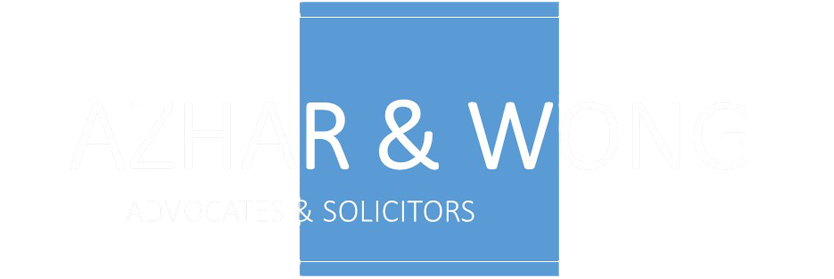
Foreclosure Proceedings in Malaysia for Properties with issued title (Mid-2025)
Foreclosure in Malaysia for properties with issued title is a strictly regulated legal process governed mainly by the National Land Code 1965 (NLC 1965) and the Rules of Court 2012 (ROC 2012). This serves as the primary legal mechanism to be complied with that enables a Lender (Chargee) to recover outstanding loan amounts from a defaulting Borrower (Chargor) by auctioning the charged property. Judicial or administrative supervision plays a critical role in the foreclosure process in Malaysia to protect both parties’ enforcement rights and legal safeguards by ensuring that the proceedings are conducted lawfully and fairly.
Foreclosure Process for Issued Titles: Registry vs Land Office
The foreclosure route depends on whether the property’s title is registered with Registry or the Land Office:
- Registry Title (High Court Process): For properties with registry titles, the Chargee issues a Form 16D notice of default, followed by an Originating Summons in the High Court applying for an order for sale if the default continues for more than a month. During the hearing, the Chargor is entitled to show cause to the contrary to oppose the foreclosure proceedings brought against him. If the case is in favor of the Chargee, the court shall grant an Order for Sale, leading to a public auction.
- Land Office Title (Land Administrator Process): For properties with titles issued by the Land Office, the Chargee applies to the Land Administrator via Form 16G following the service of the Form 16D notice. An enquiry will be held, and if the application is allowed, the Land Administrator will issue an Order for Sale, followed by a public auction.
The Current Standing: Latest Developments and Trends
Although no major reforms have taken place in recent months, the current period is marked by the continued reinforcement of stricter legal interpretations and the possibility of future legislative changes.
1. Procedural Precision Is No Longer Optional
As of mid-2025, the Malaysian judicial system has adopted a consistent uncompromising stance on procedural compliance in foreclosure actions. Chargees are bound to follow the procedural requirements as courts in 2025 maintain its little tolerance for error. The implications of earlier landmark cases are now firmly embedded in practice:
- Reinforced Rigour (MIDF Amanah Investment Bank Bhd v Vahana Offshore (M) Sdn Bhd [2024]): The Court of Appeal in this case made it clear that procedural compliance in foreclosure process is not optional. It is the line between moving the proceedings forward and having your application dismissed. The court emphasized that procedural non-compliance, such as failing to properly exhibit the registered charge in the affidavit in support amounts to a fatal defect. This is a reminder to Chargees that even minor technical errors can result in their Order for Sale being struck out. This requirement no longer remains only as a recent development but has become a firmly established judicial standard. Courts expect precision, and they enforce it without hesitation.
2. The 12-Year Limitation Period: When Foreclosure Rights Expire
The clarity on the limitation period remains crucial to foreclosure proceedings, as it acts as a guideline on when the Chargee must act to enforce their rights:
- 12-Year Clock (Thameez Nisha Hasseem v Maybank Allied Bank Berhad [2023]): The Federal Court confirmed that a 12-year limitation period under the Limitation Act 1953 applies to applications for an Order for Sale. Crucially, this period commences from the date of the actual default in repayment, not at a later notice date. To illustrate, the 12-year clock starts ticking when the Chargor misses the first scheduled repayment, not from the date of any subsequent formal notice. This distinction is critical. If the Chargee wait beyond this period from the first default, the charge becomes legally unenforceable. This ruling directly impacts how Chargees handle loans that have not been paid on time. In 2025, many of these overdue loans, especially the ones that have been untouched for years, now risk being too old to take legal action on.
Conclusion
As of mid-2025, foreclosure proceedings in Malaysia are defined by strict judicial scrutiny and a firmly established, non-negotiable limitation period for lenders. Recent case law has firmly embedded these procedural standards into legal practice. The law is clear that lenders who fail to meet these standards will risk having their applications struck out. Whether parties act on it is what makes the difference.
Article By
Nurul Syafiqah
*The content provided on this website including the articles represent solely the opinions and viewpoints of the author(s). It is not intended as legal advice and readers should not rely on the information presented herein. Legal matters are complex, fluid and require individualised attention based on specific circumstances. Readers are strongly encouraged to seek professional legal counsel to address their unique concerns. Azhar & Wong and/or the author(s) assume no responsibility or liability for any actions taken or not taken based on the content of this website including the articles herein.

Leave a Comment